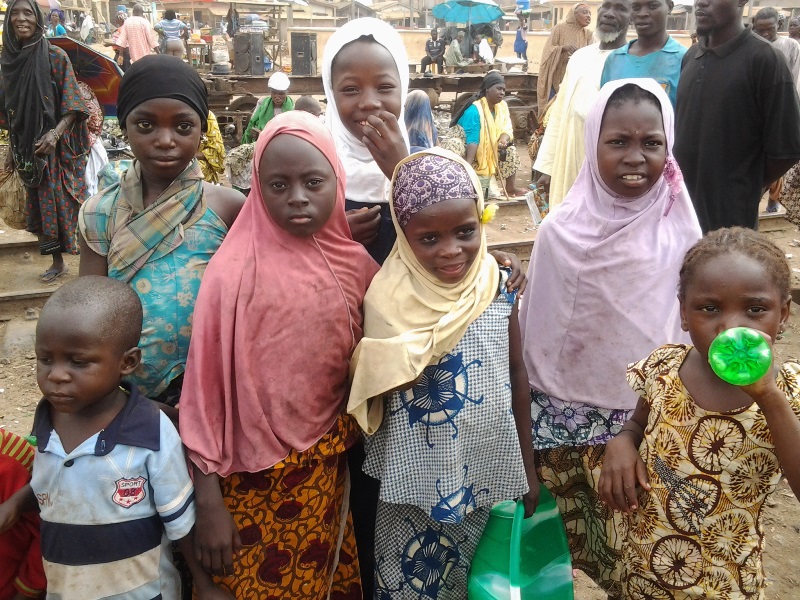There are no products in your shopping cart.
| 0 Items | £0.00 |


LAWMAKERS in the Jigawa State House of Assembly have refused to pass a bill making child marriages illegal saying such a move is controversial and alien to the predominant religion and culture of local residents.
Across many states of northern Nigeria, child marriages are the norm, with thousands of young girls married off in their teens by their families. Despite numerous campaigns to end the practise, it remains rife and earlier this week, the matter was debated in Jigawa State and despite passing a bill to protect children from abuse, lawmakers failed to outlaw child marriages.
On Tuesday, the bill was unanimously passed after deliberations on the report of the House Committee on Justice and Judiciary and it now awaits the governor’s assent to become a law. Titled Child Right Protection Bill, it defines a child as a person below the age of 18 and seeks to enhance the welfare of children in the state and maximise requisite care and protection for them.
According to the bill’s sponsors, it also seeks to offer higher protection to the vulnerable in society and raise the status bar of cherished societal norms and values. Hon Abubakar Muhammad, the chair of the House Committee on Justice and Judiciary, called for the immediate passage of the bill to end the decade long controversy surrounding it.
Jigawa State had in the past domesticated Nigeria’s child right act 2003 but following controversies over issues of marriage age, among other contentious issues, it was repealed in 2021. Lawmakers said the law was repealed due to inadequate input from citizens and ambiguous sections that needed explanations.
Therefore, since 2012, there has been no law protecting children in the state. Hon Muhammad said that the technical committee expunged the matter of marriageable age from the new bill because it is very difficult to determine the age of a girl that is ripe for marriage.
He said the bill that was presented to the house is one that complies with Islamic jurisprudence especially in connection with the rights of a child. Hon Muhammad added: “Any provision that was in contrast to Islamic principles and law and the culture of the Hausa-Fulani people was erased.”
Last month, at a summit held in Niamey, the capital; of Niger Republic, participants urged African leaders to adopt existing protocols and conventions that protect children. Theirs decisions were based on the grim statistics about child rights on the continent, especially the estimated 10m girl-children expected to be married off across the continent before they are 18 by 2030.
In Nigeria, a United Nations survey says 43% of Nigerian girls are married before they are 18, with the problem particularly endemic in the northwest and northeast of the country. With more than 80% of its girls married off before their 18th birthday, Jigawa State has one of the highest rates of child marriage in the country.